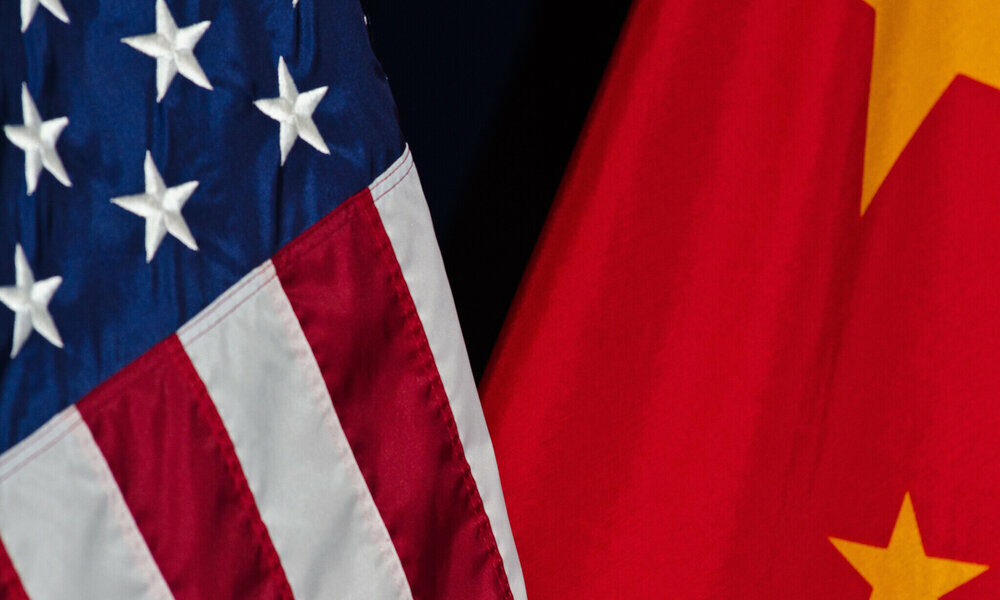
He United States Department of Commerce has announced that it plans prevent the sale of more advanced Artificial Intelligence chips to China, which they hope to put into practice in the coming weeks. To this end, it has approved new regulations, which aim to close the legal loopholes that began to appear after the restrictions on the export of AI chips were announced and they came into force.
These restrictions already prohibited the sale of the Nvidia H100 chip, which is usually chosen for their usual workloads by companies dedicated to AI in the United States, such as OpenAI. Chinese companies working with AI that wanted chips for their AI tasks had to, as of the entry into force of the restrictions of the. last year, settle for other less powerful chips, such as the H800 or the A800. They are also from Nvidia, but slower.
Generally, when they are in operation, they slow down the internal connection speed of the device, but even so, China has been able to manage quite well with them. For this reason, in the United States they do not want them to be used either, and the new regulations will include them among the chips that cannot be exported to the country, according to CNBC.
The restrictions could also affect chips sold by other manufacturers, such as Intel and AMD. Apart from them, the US will impose other regulations focused on hindering the sale and export to China of chip manufacturing equipment from companies such as KLA, LAM or Applied Materials.
Without a doubt, these new restrictions, but they will also significantly harm their manufacturers. The main loser among them will be Nvidia, which already said in August that its application would not have immediate material effects on revenue, but that it could harm it in the long term.
According to a communication from the company to the SEC, the restrictions will apply to your A100, A800, H100, H800, L40, L40S and RTX 4090 chips. Those responsible for it have also stated that it will affect the systems that are sold with said integrated chips, such as the DGX and HGX systems. They even say that the restrictions may harm their ability to complete the development of new products they have planned.
But evidently, the purpose of the restrictions is to prevent China from having access to advanced chips that could boost the country’s advances in AI. Especially the one used in the army. This has been stated by Gina Raimondo, the Secretary of State for Commerce. Raimondo has also assured that the restrictions are not designed to harm China’s economic growth.
Specifically, the updates that will go into effect in the coming weeks are designed to control the country’s access to computing power. In this way, the development of the new generation model of systems that the US thinks could harm the country or its allies will be slowed down. Especially since they could use it for military uses.
Apparently, what the United States is going to do this time is restrict the export of chips for data centers if they exceed a certain performance threshold, already set last October. Also those that exceed a new performance density threshold measured in flops per square millimeter, which they will impose now.
Companies that want to export AI chips to China or other regions affected by the embargo will have to notify the United States government so that it gives them approval, or prohibits them from doing so.
Chips for consumer products, such as game consoles or smartphones, will not be subject to export controls, although companies may have to tell the Commerce Department about orders they have if the chips are fast enough.
In addition, the US authorities are also going to close the loopholes related to how to send chips to companies based in China and other regions affected by the embargo, and prevent a foreign subsidiary company from being able to buy those chips and then sell them or send them to China. The new rules, if the deadlines are met as planned, will take effect within 30 days.



